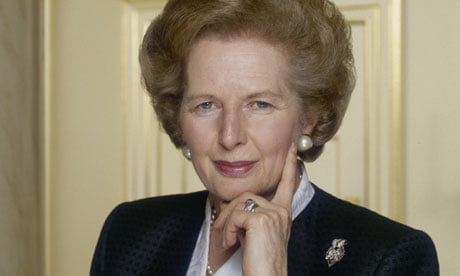
The Spectator provides Margaret Thatcher’s statement in full:-
“I think we have gone through a period when too many children and people have been given to understand ‘I have a problem, it is the Government’s job to cope with it!’ or ‘I have a problem, I will go and get a grant to cope with it!’ ‘I am homeless, the Government must house me!’ and so they are casting their problems on society and who is society? There is no such thing! There are individual men and women and there are families and no government can do anything except through people and people look to themselves first… There is no such thing as society. There is living tapestry of men and women and people and the beauty of that tapestry and the quality of our lives will depend upon how much each of us is prepared to take responsibility for ourselves and each of us prepared to turn round and help by our own efforts those who are unfortunate.”
This was edited down in Women’s Own on 31 October, 1987:-
“They are casting their problems at society. And, you know, there’s no such thing as society. There are individual men and women and there are families. And no government can do anything except through people, and people must look after themselves first. It is our duty to look after ourselves and then, also, to look after our neighbours.”
I’ll leave it to others to discern whether “There is no such thing as society” is justified in its original context as claimed by Margaret Thatcher and her supporters, but one would be inclined to believe British society was represented by the Thatcher government from 1979 to 1990.
Violent riots in 1990 over Maggie Thatcher’s poll tax legislation and her leadership approval of 40% helped to seal her political fate.

This obviously wasn’t the first time people rioted over poll taxes or other anti-social taxes, but maybe the world would be a much better place if the current street riots around the world were to coalesce around the one and only non-tax, a rent, that represents the surplus of society, owed equally to each and every one of us – and which brings people together? Admittedly, it’s not on everybody’s lips, but most economists have to admit it works, whether or not the 0.1% like it.





